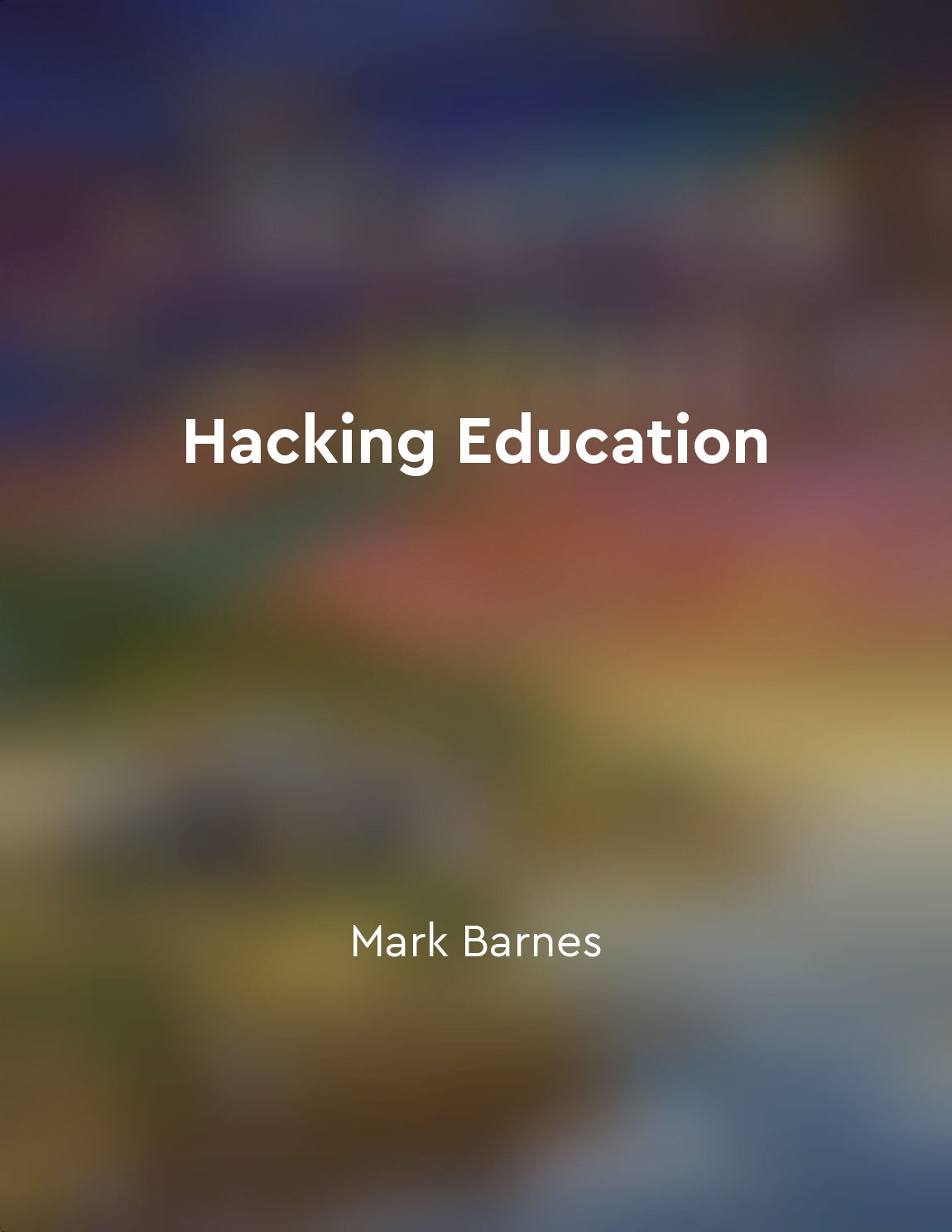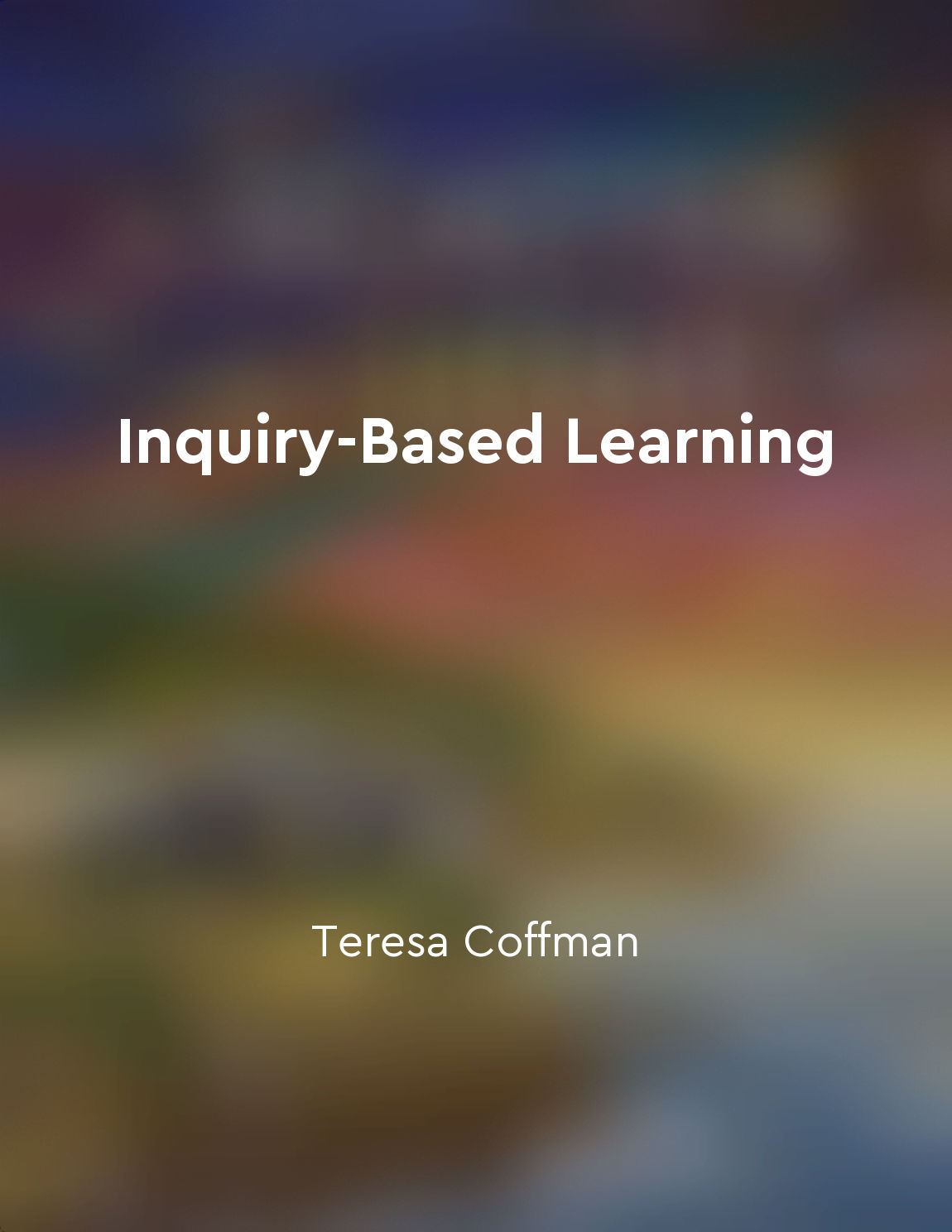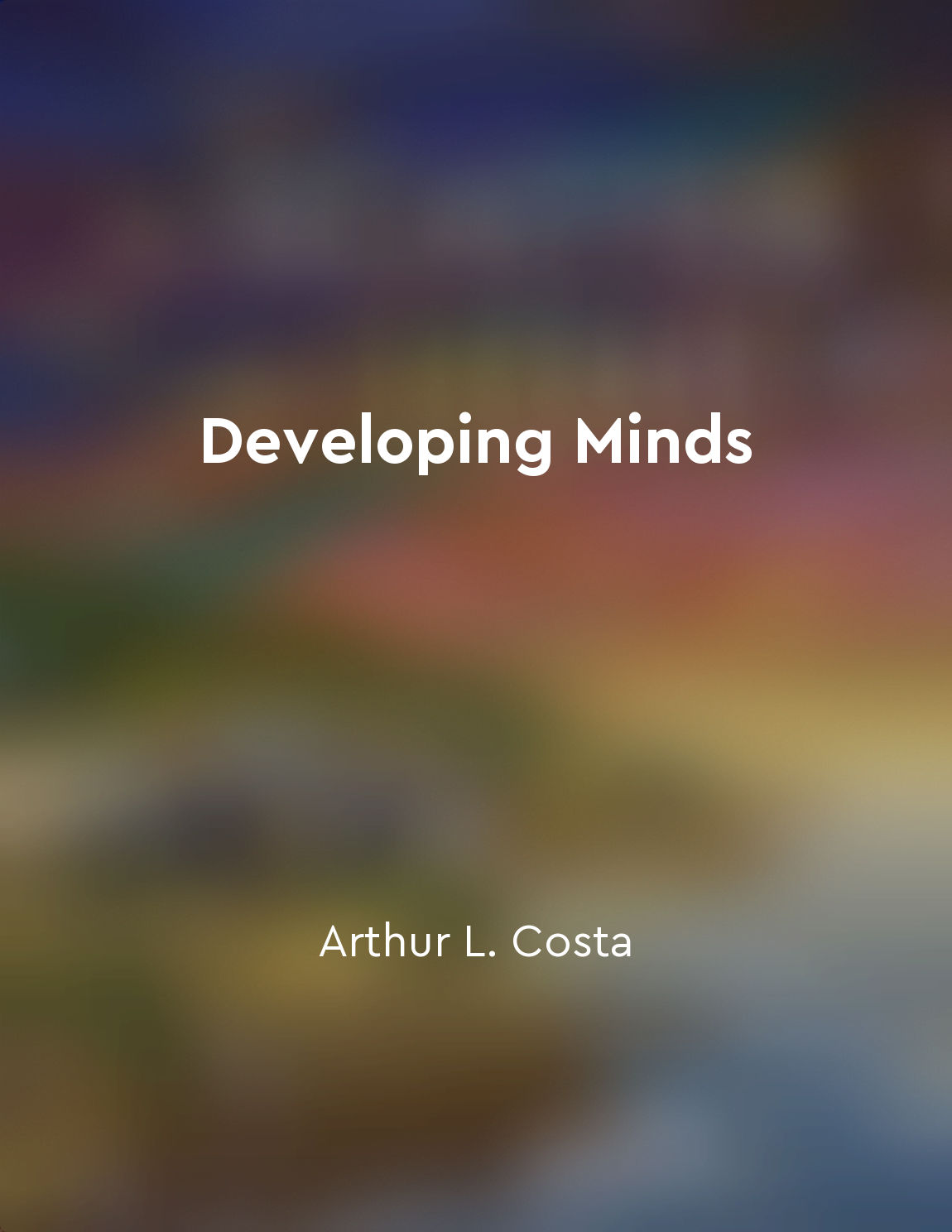Curriculum reform essential for knowledge acquisition from "summary" of The Knowledge Deficit by E. D. Hirsch
Hirsch argues that the current education system in America is failing to adequately equip students with the knowledge they need to succeed in the modern world. He suggests that a key factor in addressing this issue is curriculum reform. In his view, the curriculum needs to be restructured in order to prioritize the acquisition of essential knowledge. Hirsch believes that knowledge is fundamental to learning and that without a solid foundation of knowledge, students will struggle to comprehend new information. He argues that the focus of education should be on building a broad base of knowledge across various subjects, rather than solely on developing skills such as critical thinking and problem solving. According to Hirsch, the current trend in education towards skills-based learning is misguided. He contends that skills are not universal and that they are heavily dependent on the specific knowledge that an individual possesses. Therefore, he asserts that in order to develop strong critical thinking and problem-solving skills, students must first be equipped with a solid base of knowledge in a wide range of subjects. Hirsch suggests that curriculum reform should involve a shift towards a more content-focused approach to education. He advocates for a curriculum that is structured around a core body of knowledge that all students are expected to learn. This knowledge should be carefully chosen to ensure that it is relevant, coherent, and builds upon itself from year to year. By reforming the curriculum in this way, Hirsch believes that students will be better prepared to acquire new knowledge and to think critically about the world around them. He argues that a content-rich curriculum will not only improve academic performance but also help to level the playing field for students from diverse backgrounds.- Hirsch emphasizes the importance of curriculum reform in addressing the knowledge deficit in education. He believes that by restructuring the curriculum to prioritize the acquisition of essential knowledge, students will be better equipped to succeed in school and beyond.
Similar Posts
Adopting a holistic approach to learning that integrates mind, body, and spirit
To truly excel in learning, one must embrace a comprehensive approach that encompasses the mind, body, and spirit. This holisti...

Engage parents and caregivers as partners in student assessment
Parents and caregivers are an essential part of a student's support system. When it comes to assessment, involving them in the ...
Students need access to diverse perspectives
Students need access to diverse perspectives because history is not just a set of facts carved in stone. History is made up of ...

Emphasize the importance of reflection and selfassessment
Reflection and self-assessment are essential components of the learning process, allowing students to take ownership of their e...
Teachers play a key role in guiding students through the learning process
Teachers are the architects of the learning process. They are the ones who set the stage, design the blueprints, and oversee th...
Artificial intelligence will transform industries
The transformational power of artificial intelligence on industries cannot be overstated. We are witnessing a revolution that i...

Inquirybased learning sparks passion for learning
The essence of inquiry-based learning lies in its ability to ignite a deep passion for learning within students. This approach ...
Language plays a crucial role in shaping educational experiences
Language is not merely a tool for communication; it plays a pivotal role in shaping educational experiences. Through language, ...
Celebrating student successes and achievements
One crucial aspect of fostering a positive learning environment is recognizing and acknowledging the accomplishments of our stu...

The mind can be trained to think critically and creatively
The human mind possesses an extraordinary capacity for growth and development. It is not a fixed entity, but rather a dynamic a...

